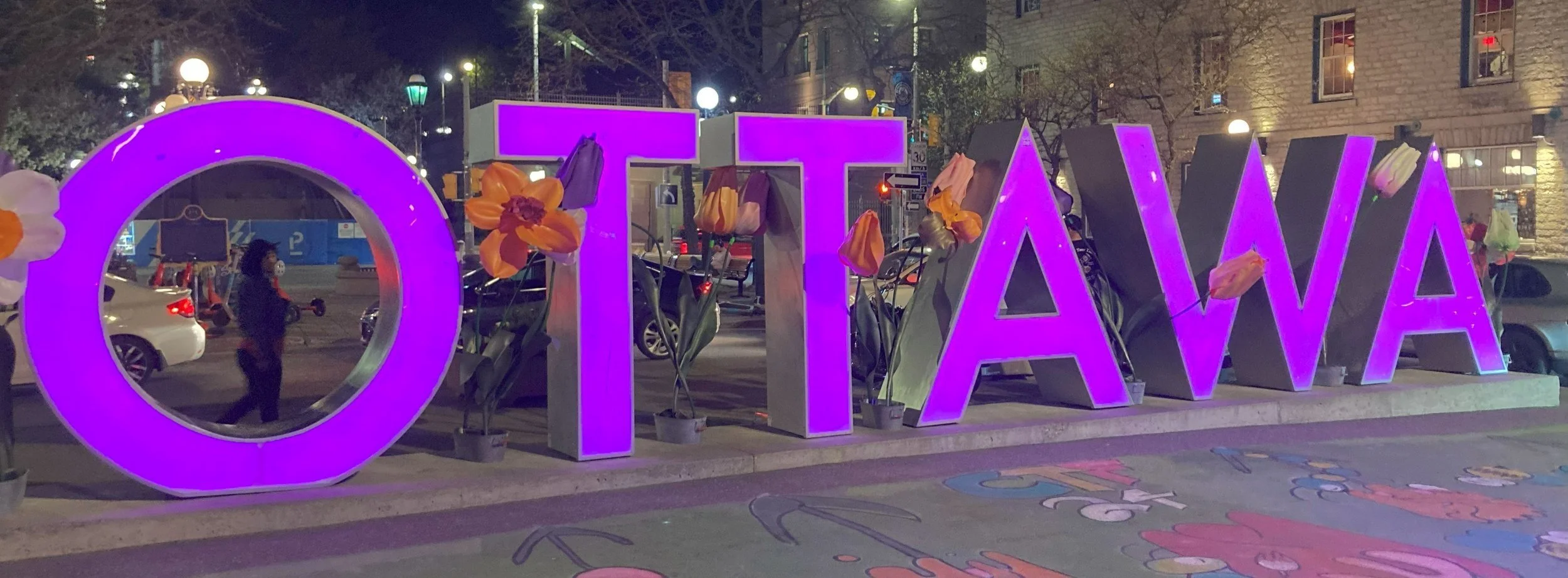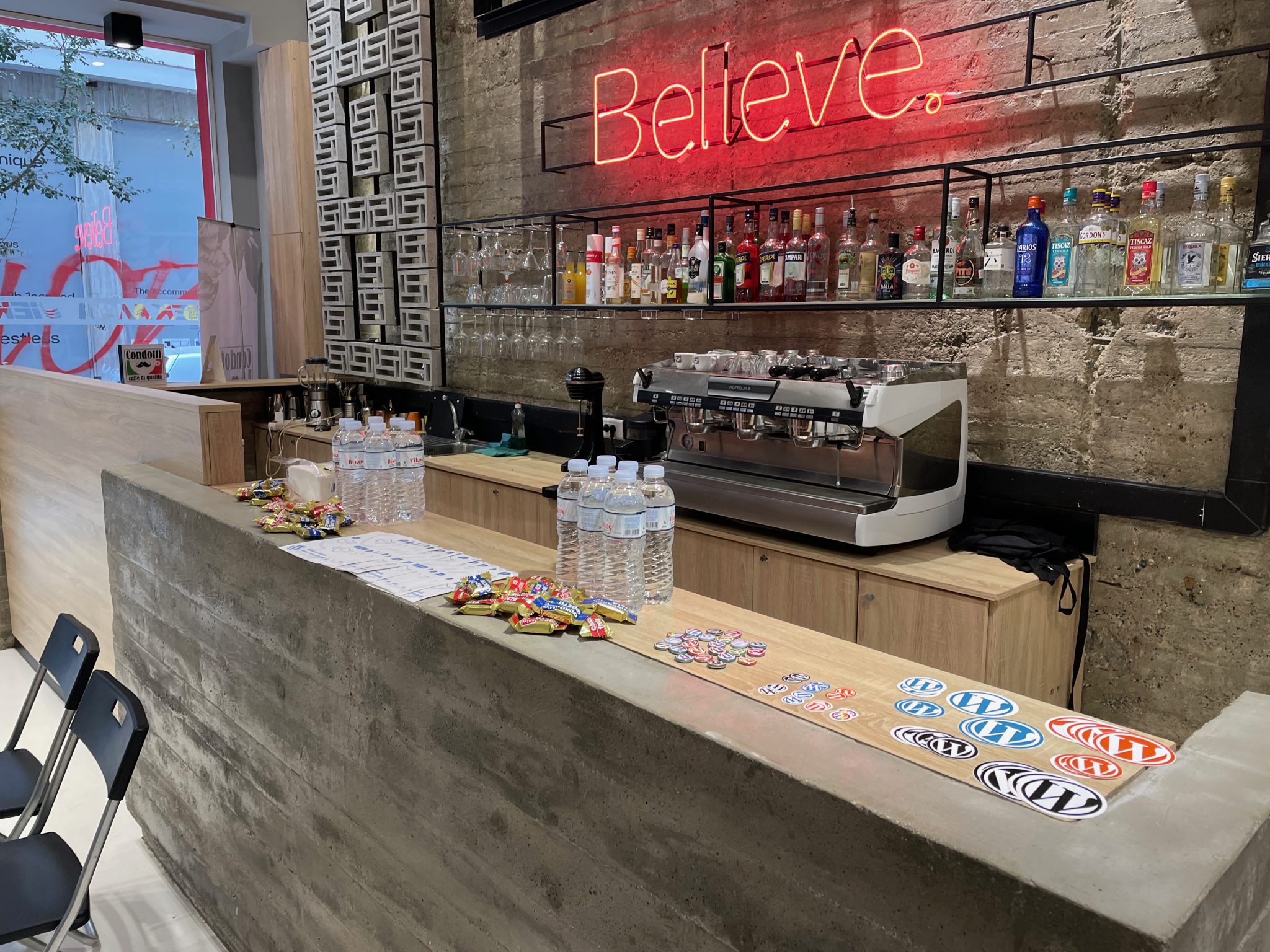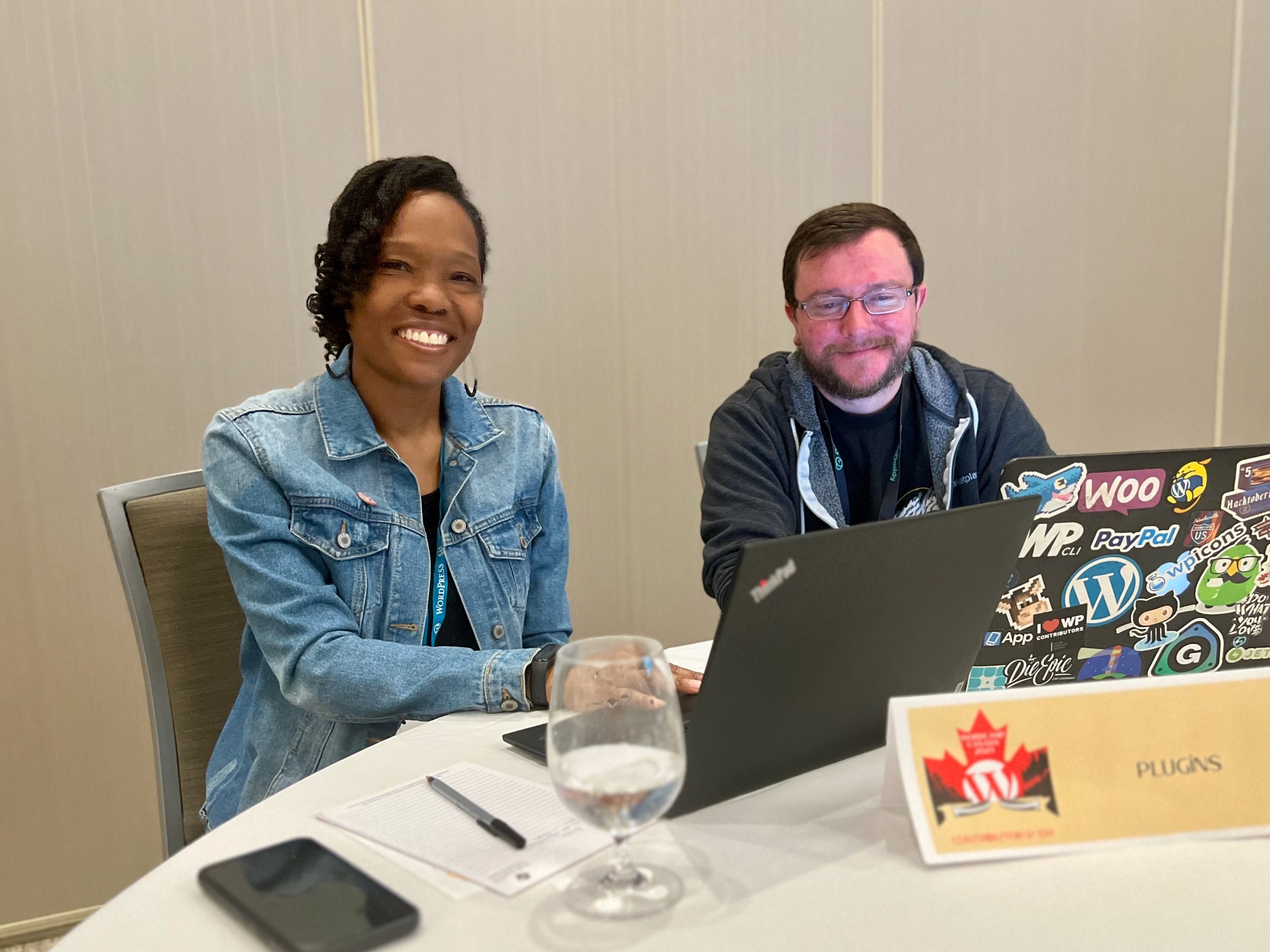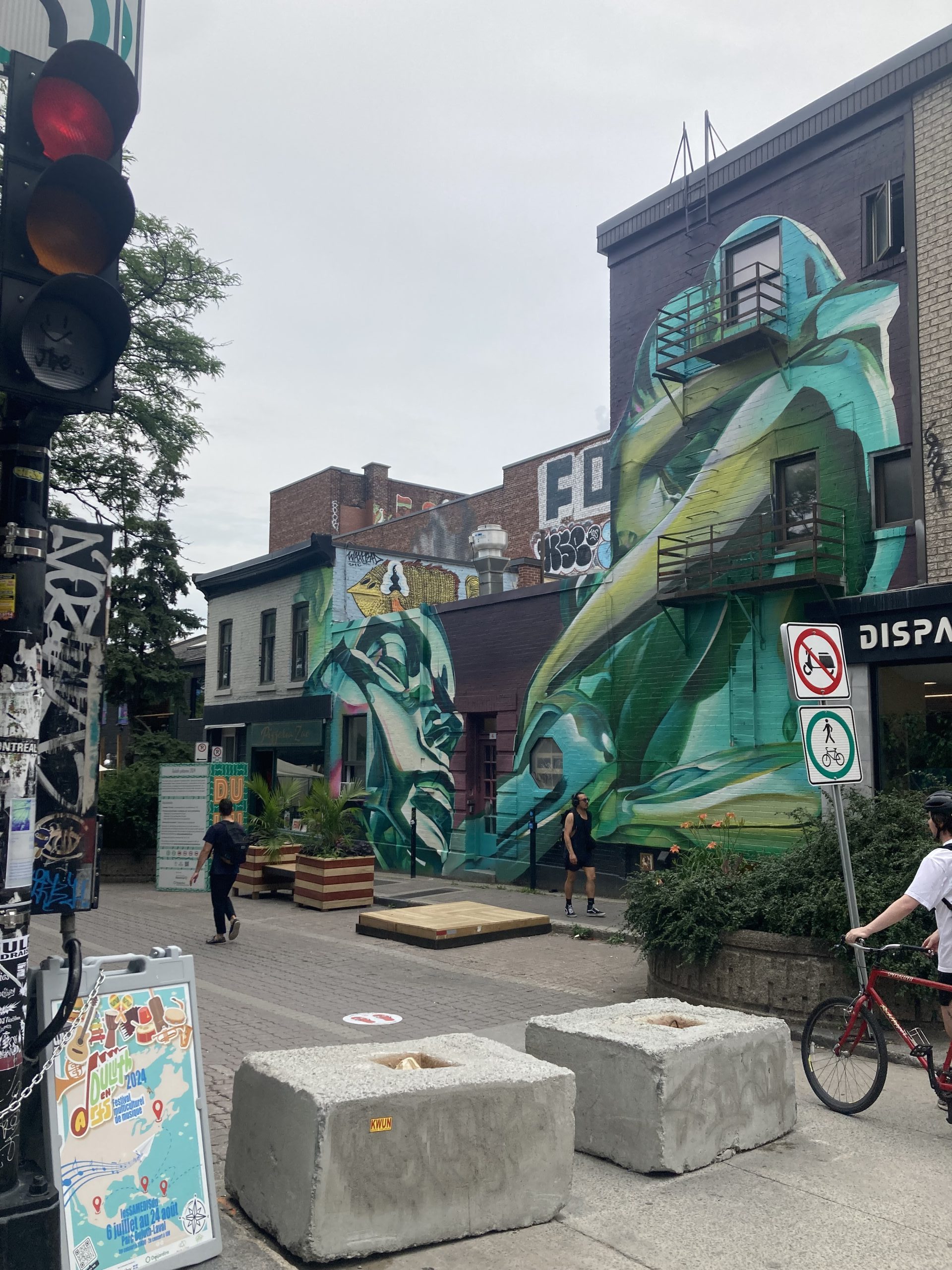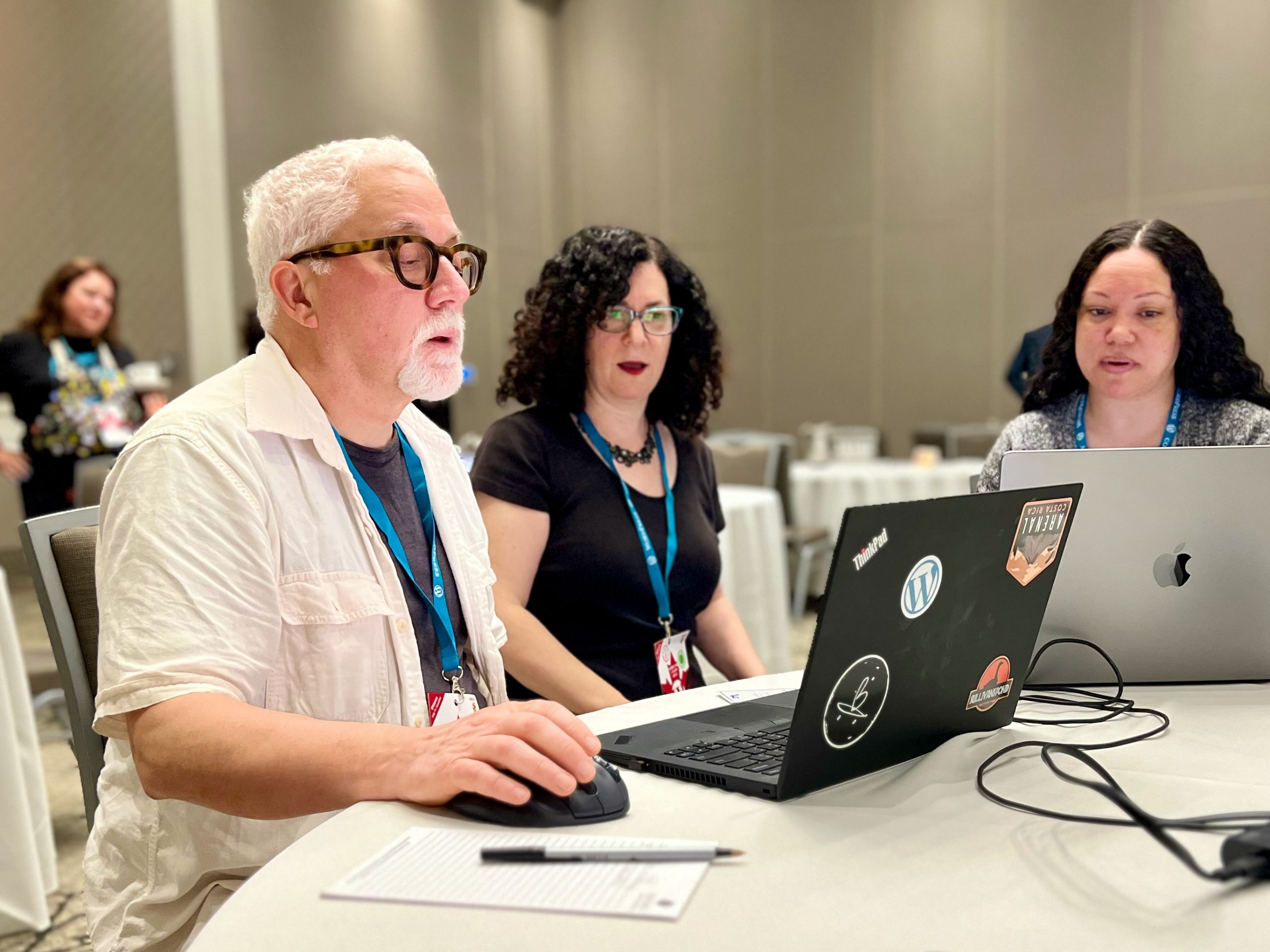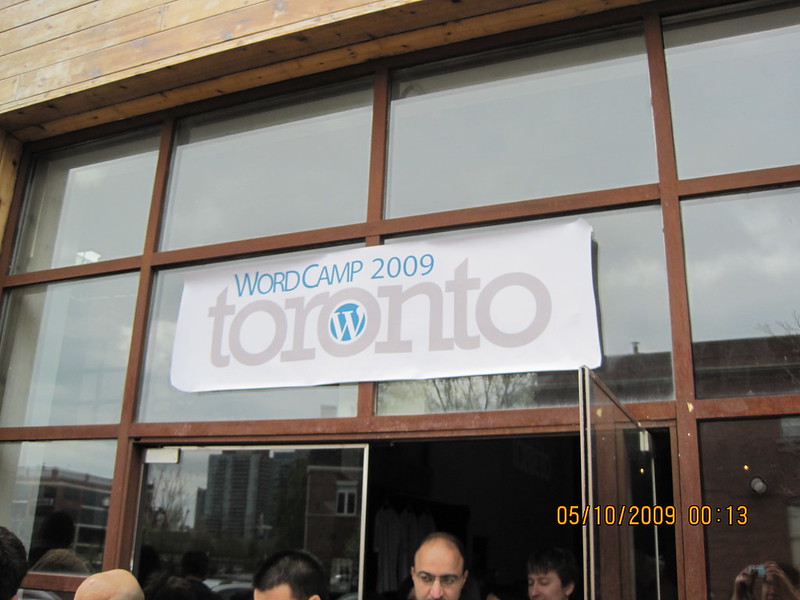After an incredible 2025 conference filled with inspiring talks, packed hallways, and way too many (metaphorical) Timbits, it’s time to start thinking about what’s next.
And who’s next.
WordCamp Canada isn’t just an event — it’s a team, a year-long collaboration, and one of the most rewarding ways to give back to the WordPress community.
As our 2025 organizing team wraps up, we’re opening the door for a new co-leadership team to carry the torch for 2026 — and we’re also welcoming new volunteers who want to contribute in smaller but equally meaningful ways.
What It Means to Be Part of the Co-Leadership Team
WordCamp Canada is guided by a small group of co-leads who share responsibility across different areas — program, logistics, communications, community, and more.
Together, this team sets the vision, recruits and supports volunteers, and coordinates everything from venue selection to speaker outreach to sponsor relations.
The “primary lead” typically emerges organically from within this group as planning progresses — so you’re not stepping into a solo or top-down role, but joining a collaborative leadership circle.
Think of it less like “running an event” and more like stewarding a community celebration.
Typical Responsibilities
- Building and guiding an organizing team (and helping everyone shine in their roles)
- Setting timelines, goals, and priorities for the year
- Coordinating the speaker program — managing the call for speakers, reviewing submissions, and supporting presenters from selection through to stage time
- Liaising with WordCamp Central, sponsors, and venue partners
- Making key decisions that shape the attendee experience
- Ensuring accessibility, inclusivity, and sustainability stay at the heart of it all
Time Commitment
Being a lead organizer typically involves:
- Early months (planning stage): 4–6 hours per week
- Mid-season (recruitment & logistics): 6–10 hours per week
- Final stretch (pre-event + event week): 10–20 hours per week
This role works best when shared among 4–5 co-leads, each focusing on different strengths (program, logistics, communications, community, etc.). No one does it alone — and no one should.
Want to Stay Involved Without a Bigger Commitment?
We also rely on an amazing team of volunteers to make WordCamp Canada possible, from helping with registration, room moderation, and signage to supporting speakers and sponsors on event days.
If you’d rather lend a hand in a smaller role, we’d still love to have you involved!
Volunteering is a fantastic way to meet new people, contribute to the community, and get a feel for what organizing is like . No ongoing commitment required.
Why It’s Worth It
WordCamp organizing isn’t just about spreadsheets and Slack channels.
It’s about:
- Building lifelong friendships with incredible people across Canada and beyond
- Developing leadership skills that translate far beyond WordPress
- Seeing your community come alive in ways that will stick with you for years
- Experiencing that “we made this happen together” feeling when the doors open on Day 1
Ask any past organizer, the reward isn’t in the title; it’s in the people.
Interested?
If you’re curious, even a little, we’d love to hear from you.
You don’t need prior WordCamp experience, just enthusiasm, commitment, and a love for this community.
We’ll be holding Info Sessions soon where we’ll walk through what it means to be a co-lead, share insights from past organizers, and talk about all the ways to get involved — including volunteering.
It’s the perfect opportunity to learn more, ask questions, and see where you might fit best.
If you’d like to chat before committing, reach out to Troy, I’ll be happy to answer any quick questions.
Submissions have closed.
From the 2025 Team
To everyone who attended, spoke, volunteered, or sponsored this year — thank you. You’ve shown what’s possible when the Canadian WordPress community comes together, and we can’t wait to see where the next team takes it. ❤️
